Few Bright Spots In Asia’s Slowing Venture Market
Asia’s venture market continues to decline at an alarming rate, and it’s not just China weighing it down. We take a look at exactly what’s happening in the region as we break down some of its biggest venture markets by country.

Asia’s venture market continues to decline at an alarming rate, and it’s not just China weighing it down.
Four of the top six venture markets in the region saw declines. Along with China, India, Singapore and Japan all sank lower. Only Israel and Japan saw upticks as the region continues to battle economic fluctuations, conflicts, geopolitical tensions and a possible trade war.
Let’s take a look at exactly what’s happening in the region as we break down some of its biggest venture markets by country.
China
China’s venture market has continued to decline as the country’s “deflationary spiral” has not subsided and now a possible trade war with the U.S. swirls.
The venture funding market has precipitously declined since just after COVID, with just a quarter here or there that saw a slight uptick.
The first quarter of 2025 was not one of those outliers, as China’s share of venture was almost halved from just a year ago. Chinese startups raised only $6.5 billion, compared to $12.5 billion in Q1 2024 and $8.2 billion in Q4.
However, the region’s largest late-stage deals all came from China, including:
- Waste disposal firm Shenzhen Energy Environmental Protection raised a $692 million venture round in March;
- Smart Fabric, which provides internet-enabled solutions for the textile industry, raised a $460 million Series C in January; and
- China-based Zhipu AI, a startup creating AI models and a Chinese competitor to OpenAI, raised a $247 million private equity round last month.
How China’s venture market goes obviously dictates how the Asia market will go — as it is easily the richest. The decline in China funding has directly led to the region’s dropping numbers.
For those looking for good news from the world’s second-largest economy, it has been reported that Zhipu AI aims to go public as soon as October. Perhaps a strong showing will bring money back into the country’s burgeoning AI sector.
However, Zhipu is on the U.S. Department of Commerce’s export blacklist for allegedly contributing to China’s military. That illustrates yet another issue in the region — difficulty securing U.S. investment, something the current tensions between the two countries will not change.
More decreases
Of course, China was not alone in Asia’s venture decline.
Venture dollars in India — the region’s second-biggest market — dropped 26% year to year, with startups pulling in only $2.8 billion in Q1 this year. That’s even down slightly from the $3 billion it saw in the final quarter of last year.
The country did see two of Asia’s biggest raises outside of China, though, as mining firm Pioneer Aluminium Industries locked up a $244 million venture round in Q1, and commerce platform blinkit raised a $173 million corporate round from Zomato.
Similarly, both Singapore and South Korea saw drops. Singapore’s fall was more pronounced, declining about 80% from both Q1 and Q4 last year. Startups in the country raised a minuscule $400 million last quarter.
South Korea-based startups saw about a 38% drop in funding from Q1 2024, raising only $500 million.
The upmarkets
Only two venture markets in Asia posted a Q1 increase from the year earlier.
Israel saw a 38% hike to $1.1 billion in the quarter from the $800 million raised in Q1 2024. That was in part thanks to Israel-based Quantum Machines raising a $170 million Series C led by PSG Equity.
Israel-based startups saw an even bigger bump from the $700 million raised in Q4 last year.
The quarter marked an impressive comeback for Israel’s venture market — which took a hit in 2024 as the country was mired in violent conflict with Hamas and other groups in the Middle East.
Japan also saw a slight increase, as its Q1 venture funding hit $600 million, up from $500 million in Q1 last year, but down more than half from the $1.3 billion raised in Q4.
Venture capitalists in Asia have a unique set of obstacles they must confront if the region is to get its private market back on track. While China sets the pace for the region, many other venture-rich countries helped push last quarter’s decline even deeper.
It may get worse before it gets better for investors.
Related reading:
- Q1 Global Startup Funding Posts Strongest Quarter Since Q2 2022 With A Third Going To Massive OpenAI Deal
- Asia Sags To Lows Not Seen Since 2014
- China Leads Asia’s Venture Downturn — But Other Countries Didn’t Help
Illustration: Dom Guzman






![Which Countries Have Invested the Most into AI Development [Infographic]](https://imgproxy.divecdn.com/qnTgGmUnhhtyx1NChJZ7bBc4fHuHc9BC8NoXo_nBWUE/g:ce/rs:fit:770:435/Z3M6Ly9kaXZlc2l0ZS1zdG9yYWdlL2RpdmVpbWFnZS9haV9pbnZlc3RtZW50X2luZm8yLnBuZw==.webp)
![A Guide to Reels Ads [Infographic]](https://imgproxy.divecdn.com/wCamrSuvp9Nam-KS-7Pv-nJcB4YAXduCWWHpdZBsVpY/g:ce/rs:fit:770:435/Z3M6Ly9kaXZlc2l0ZS1zdG9yYWdlL2RpdmVpbWFnZS9yZWVsc19hZHNfaW5mbzIucG5n.webp)























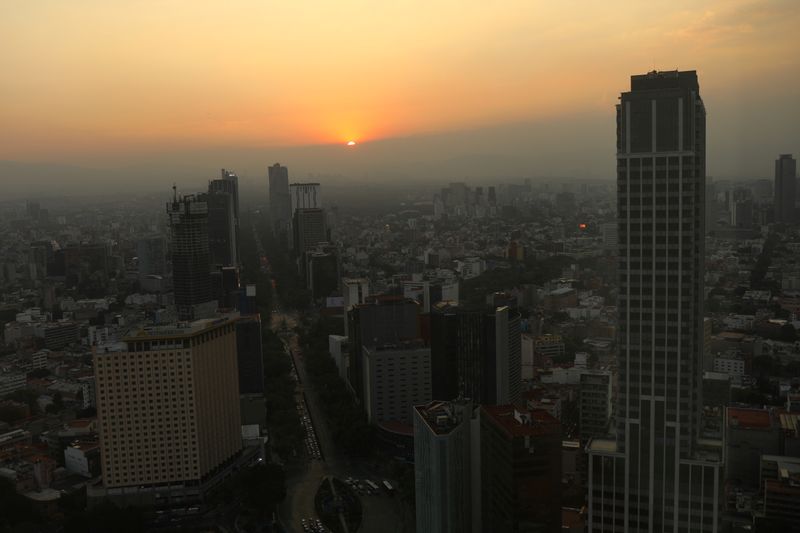







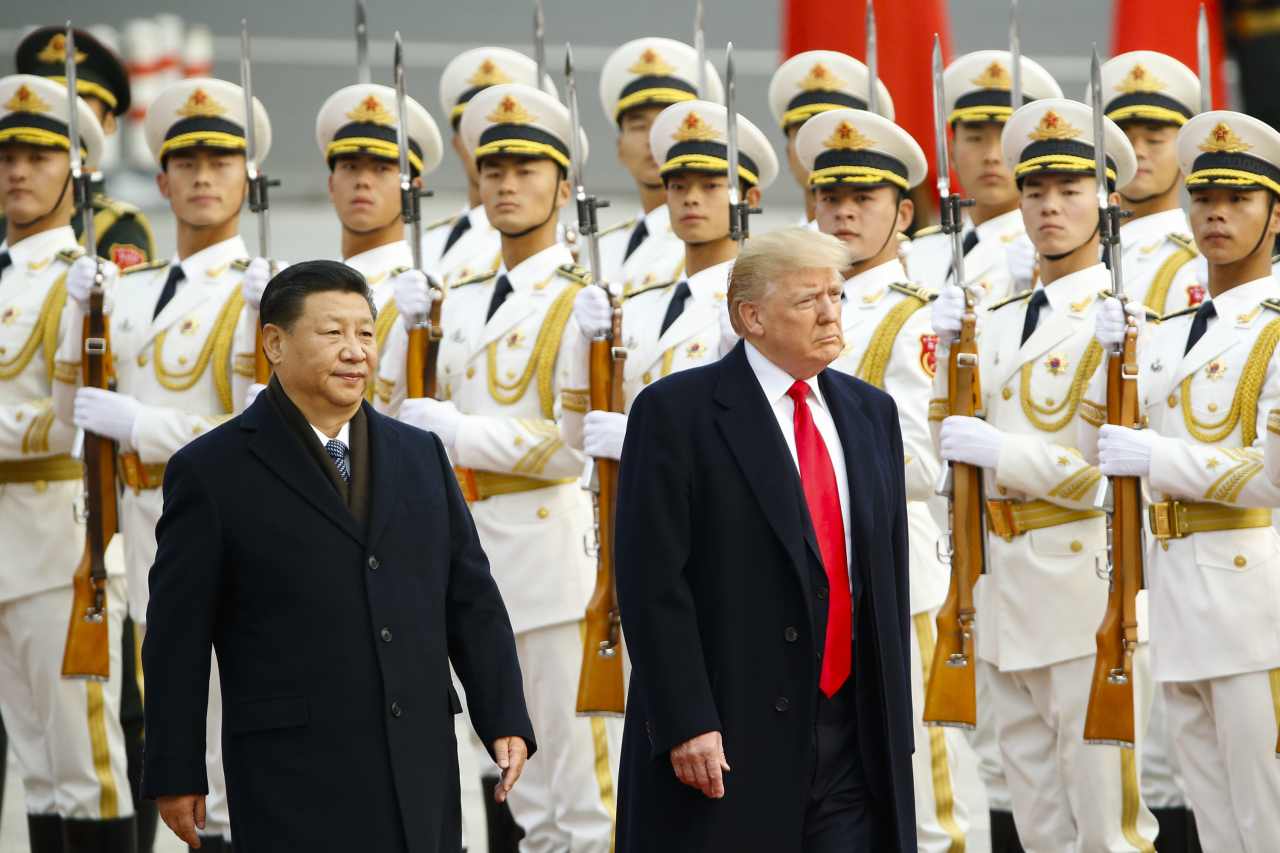



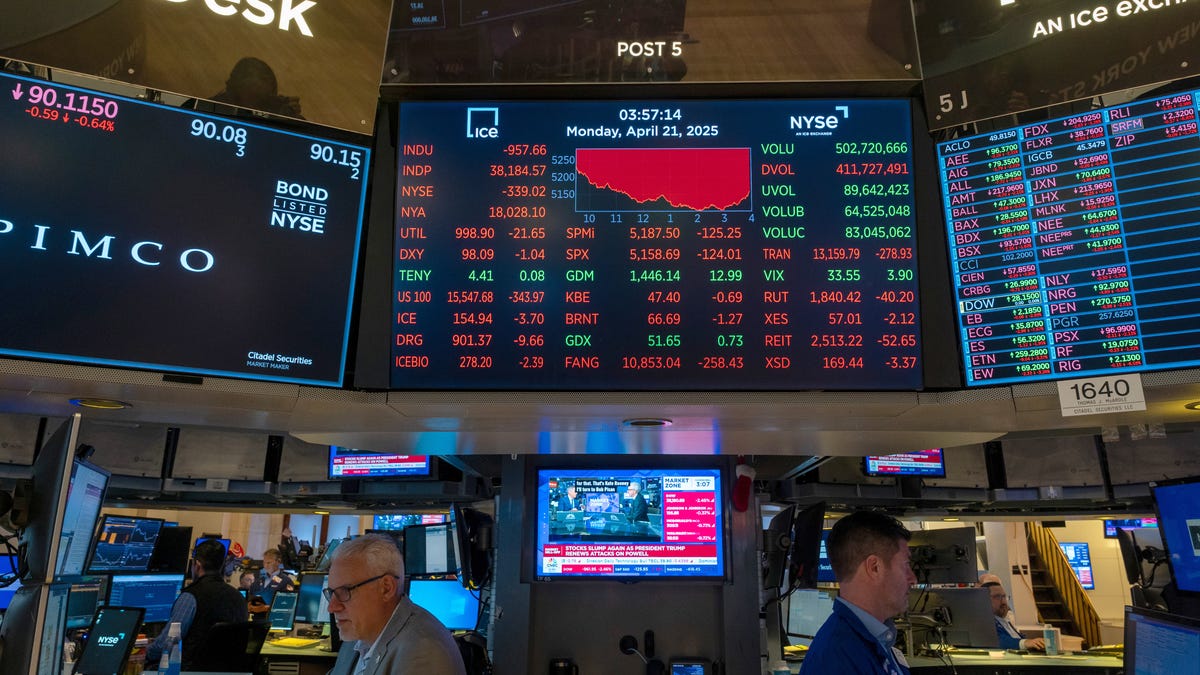
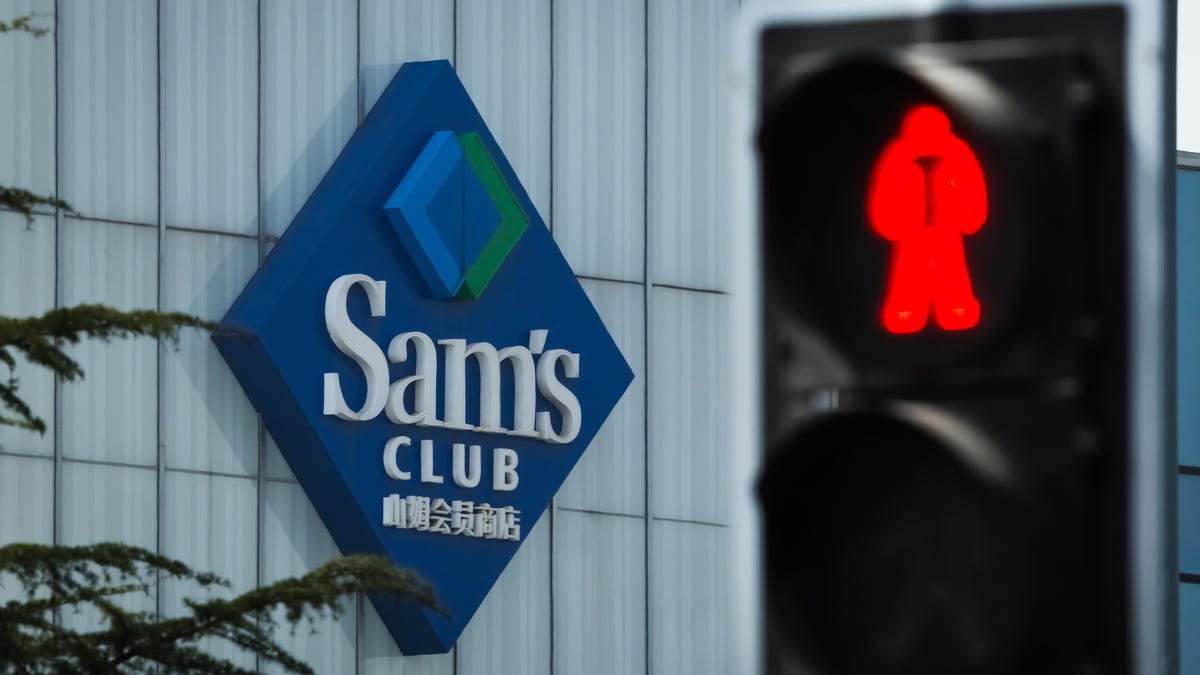




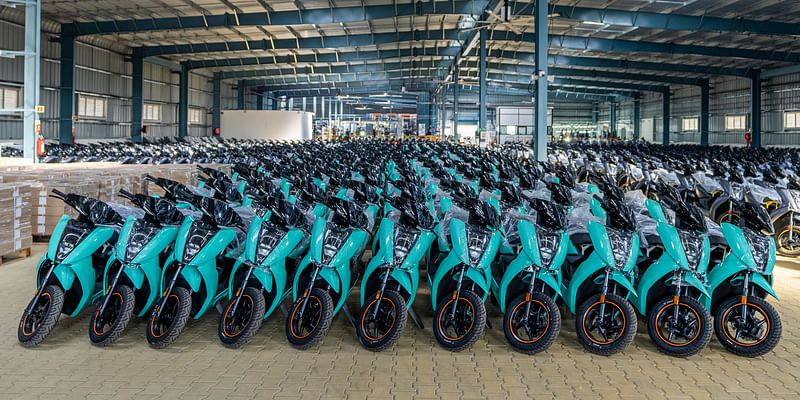
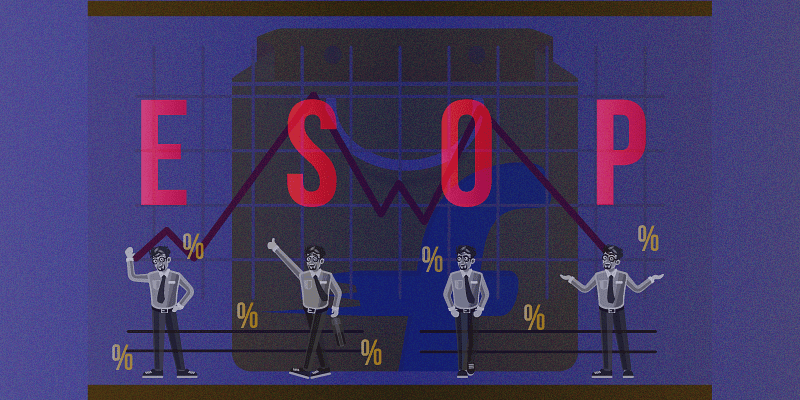





























































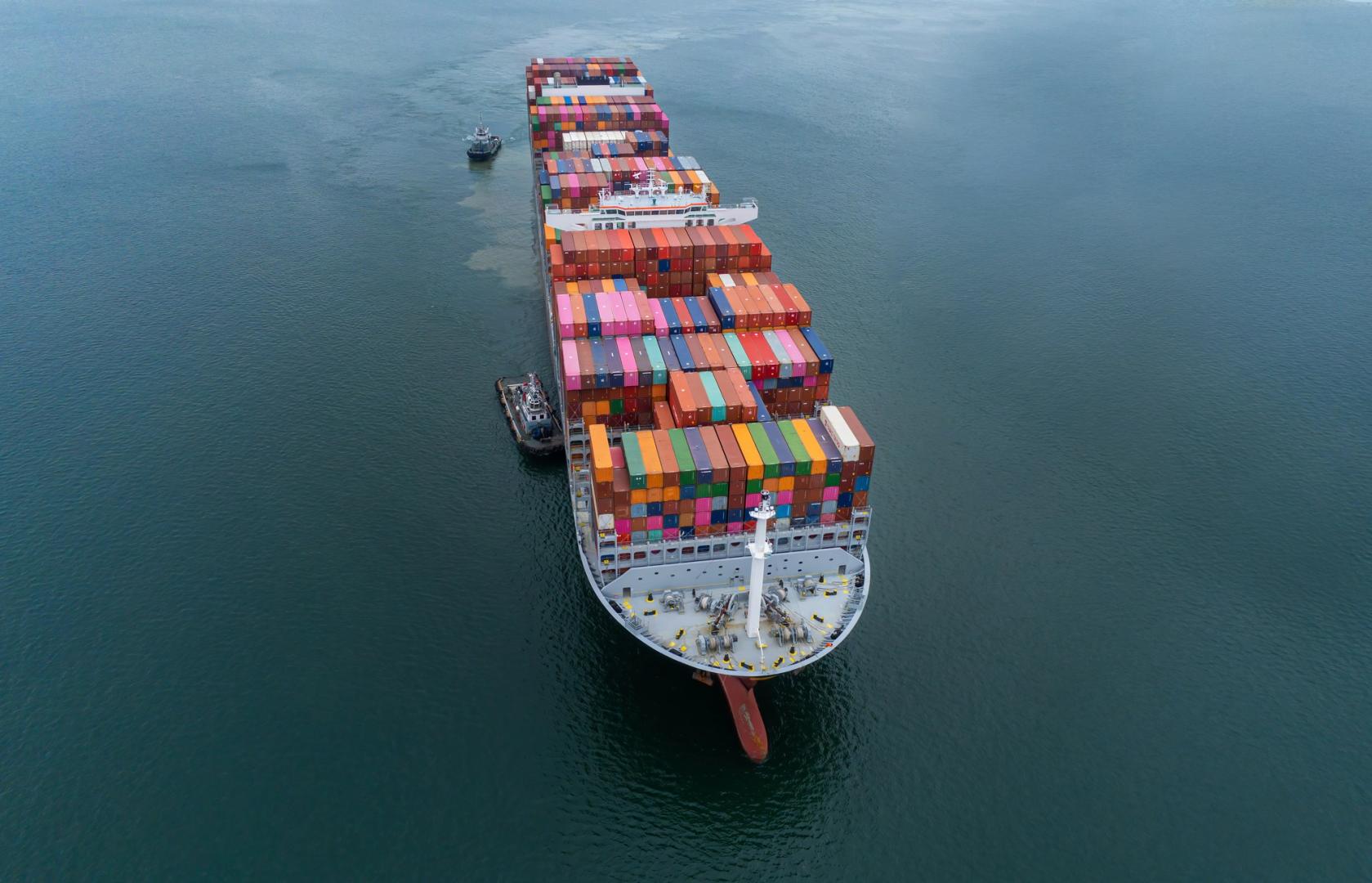

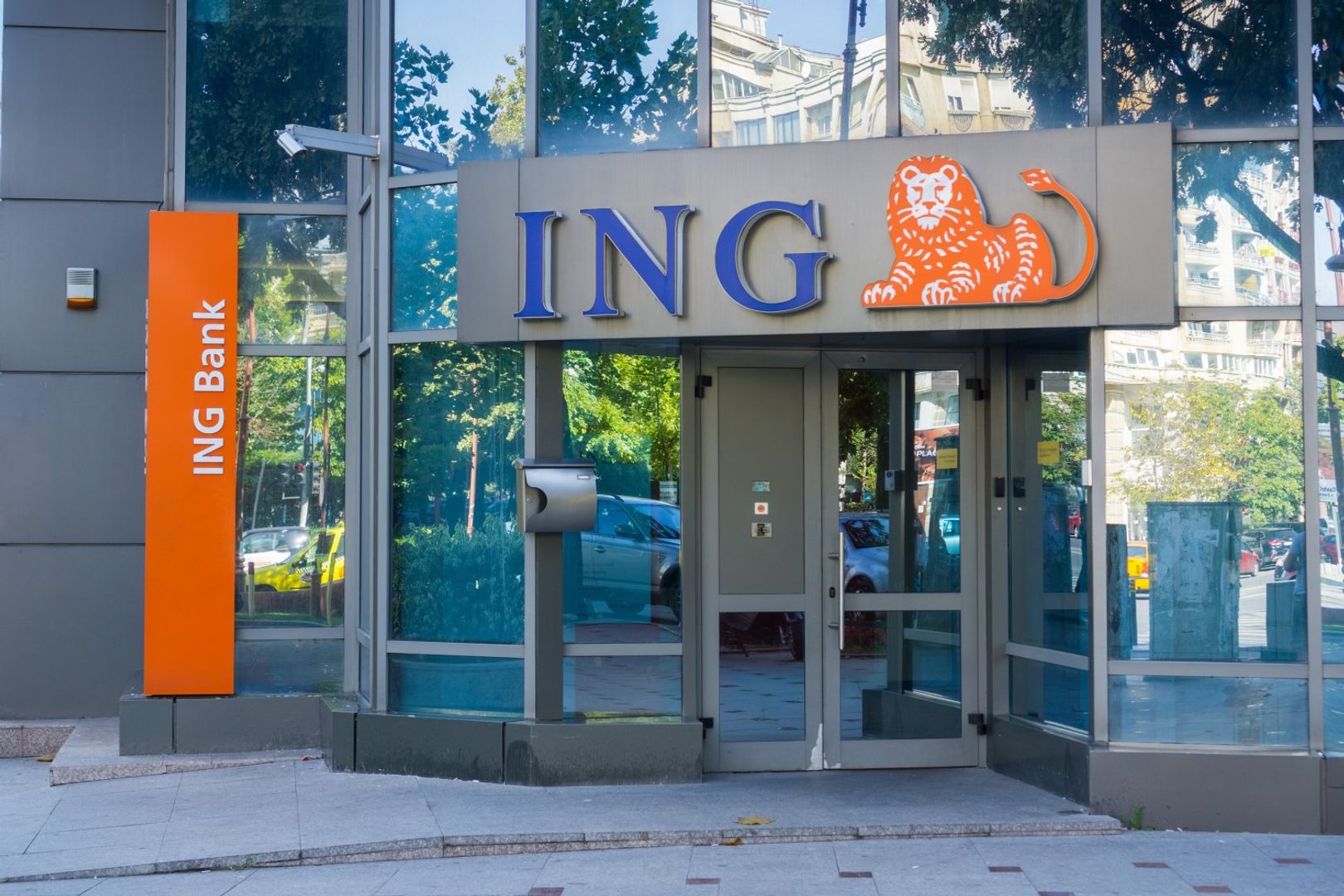












































































![How to Find Low-Competition Keywords with Semrush [Super Easy]](https://static.semrush.com/blog/uploads/media/73/62/7362f16fb9e460b6d58ccc09b4a048b6/how-to-find-low-competition-keywords-sm.png)
